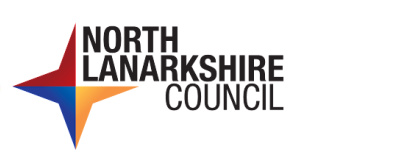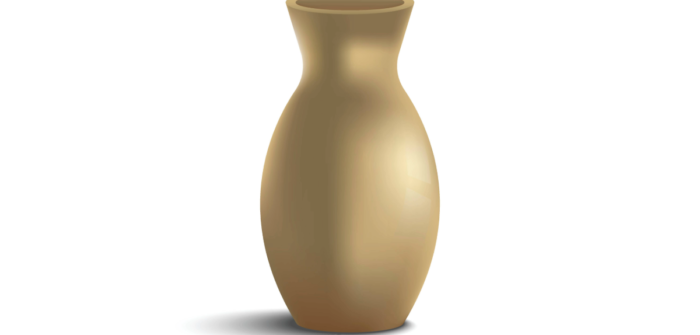Fridays 25 April, 16 May and 6 & 13 June, 6pm – 8pm, Pather Artworks, Wishaw
Cost for all 4 workshops: £70.
**Please note: Selecting 25 April books you in for all four dates.**
Let’s start with the most basic question: What, exactly, is gold lustre? Lustre is an overglaze, meaning that it’s applied over the vitrified, glaze-fired piece and requires a third firing. Lustre is made of particles of real gold suspended in a liquid medium, usually a pine oil resin. After being applied to your piece, it’s fired in order to burn off the organic binder. What remains is a layer of real, melted gold on your piece. This is very different than gold leaf, which is applied with adhesive and isn’t fired; lustres are permanently fired onto your piece.
In the form of glazes and enamels, thin glass coatings are deposited on pottery, glass and metal surfaces for aesthetic reasons and also to tighten porous bodies and harden their surfaces. In this chapter, the preparation, composition, coloration, thermal expansion, micro- and nano-structures of these glass coatings are first surveyed. Attention is in particular paid to the optimization of thermal expansion matching upon cooling and heating, wetting properties and softening temperatures. In addition, the thinness of the coatings requires specific colouration techniques by pigments or metal nano-particles.

